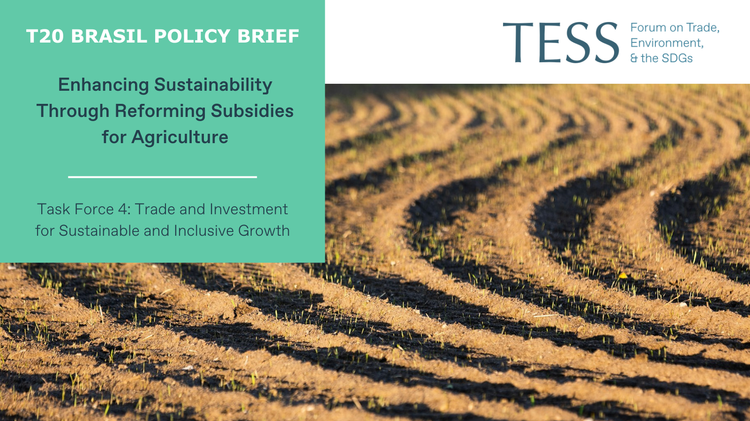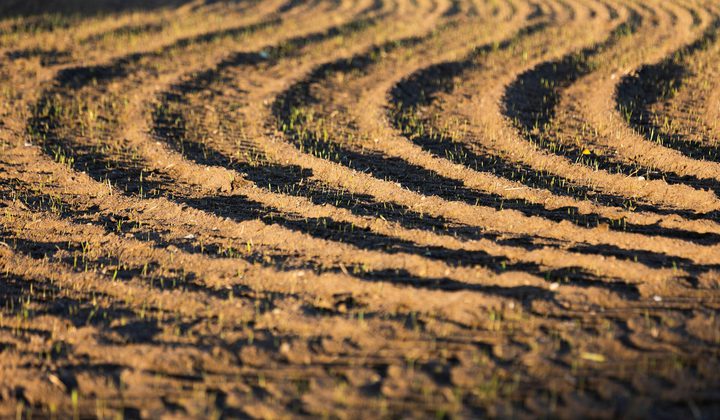The international community recognizes that addressing sustainability challenges in the agricultural sector is vital for ensuring food security and averting environmental degradation amid a burgeoning global population. This T20 policy brief underscores the critical issue of reforming government subsidies to agriculture, valued at around $540 billion annually, an estimated two-thirds of which are associated with environmental harm.
Emphasizing the urgent need for reform, the Kunming-Montreal Global Biodiversity Framework calls for a $500 billion reduction of environmentally harmful subsidies by 2030. Drawing on lessons from WTO fisheries subsidies negotiations, this brief explores the feasibility of addressing environmental impacts of agricultural subsidies through international cooperation. It proposes a nuanced approach focusing on specific agricultural practices or conditions detrimental to the environment, advocating for a negative list approach outlining unsustainable practices ineligible for subsidies. Such an approach, if embraced within the G20, could pave the way for cooperative actions. The G20 can also play a pivotal role in enhancing transparency and dialogue, encouraging voluntary commitments and peer-review, and guiding subsidy design towards sustainable agriculture. This policy brief thereby offers a pathway to foster collaborative efforts, ensuring a resilient, equitable, and environmentally sound future for global agriculture.
-----
Recommended citation: Bellmann, C., Brandi, C., Celli, U., Deere Birkbeck, C., & Draper, P. (2024). Enhancing sustainability through reforming subsidies for agriculture. T20 Brasil Policy Brief.




